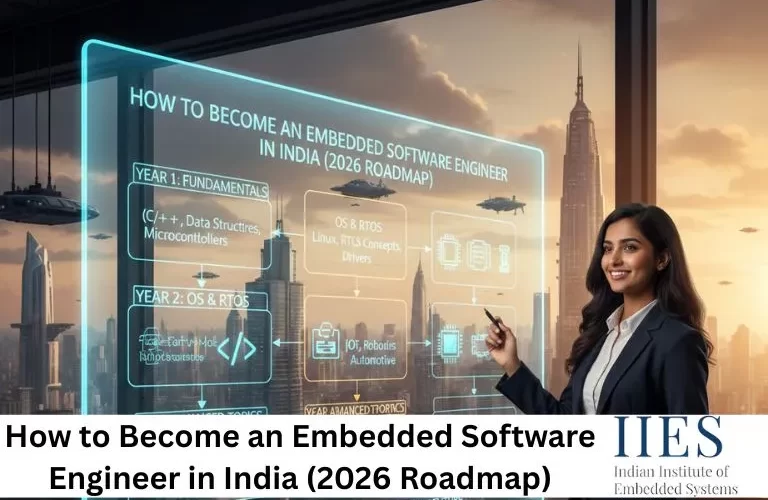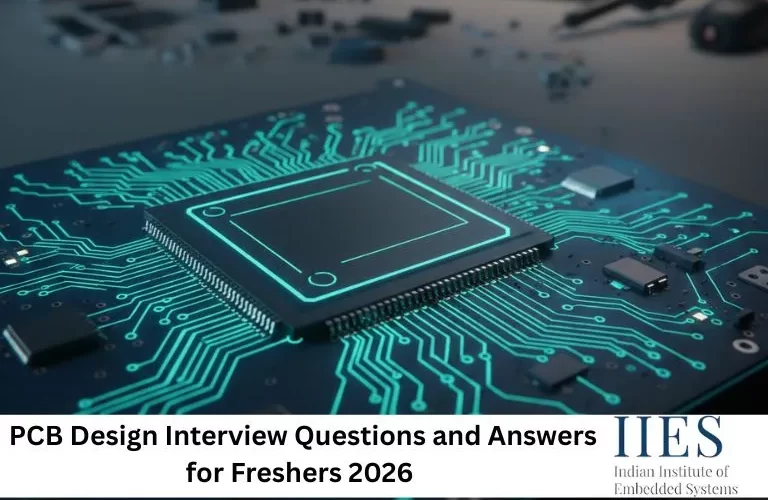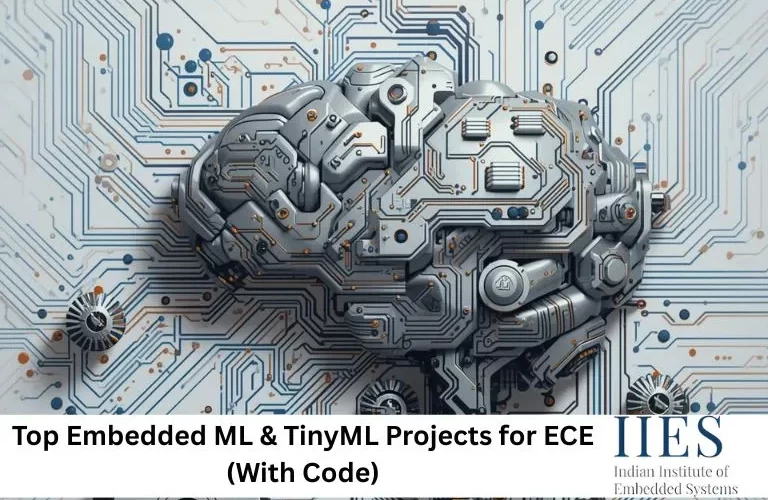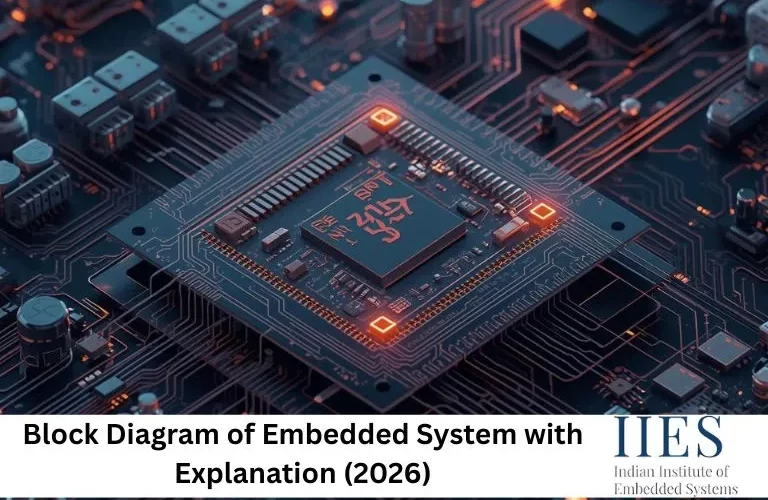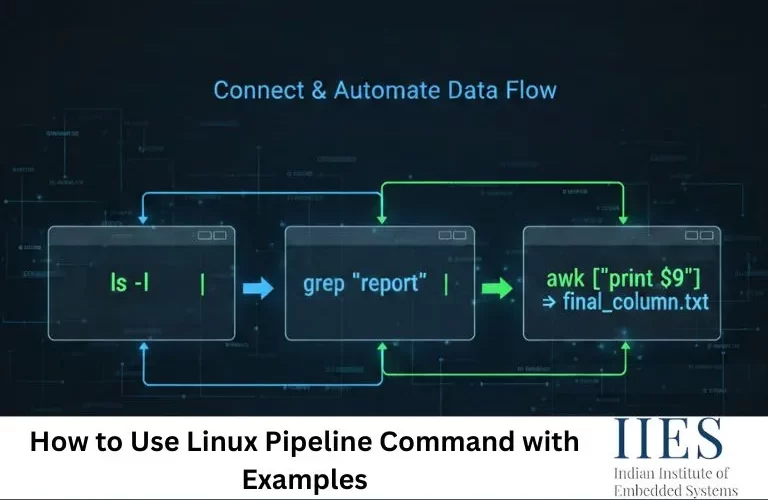How to Become an Embedded Software Engineer in India (2026 Complete Career Roadmap) Embedded software engineering is one of the fastest-growing core engineering careers in India. With rapid expansion in IoT, electric vehicles (EVs), industrial automation, robotics, and smart electronics, companies are actively hiring skilled …
Read more
Analog Electronics Interview Questions for Freshers (2026 Guide) This comprehensive guide on analog electronics interview questions for freshers is designed to help engineering students and job seekers prepare confidently for technical interviews in core electronics, VLSI, and embedded systems domains. It includes carefully selected interview …
Read more
Embedded AI Companies in India (2026): Startups, Jobs, Salaries & Opportunities for Freshers Embedded AI is becoming one of the most in-demand technologies in India, especially in cities like Bangalore. It combines Artificial Intelligence + Embedded Systems + IoT to build smart devices that can …
Read more
PCB Design Interview Questions and Answers for Freshers (2026 Updated – Practical Industry Guide) Preparing for a PCB design interview requires more than theoretical knowledge. Companies test your understanding of: Circuit fundamentals PCB layout and routing rules Power & signal integrity EMI/EMC concepts DFM (Design …
Read more
Top Embedded Systems Machine Learning Projects for ECE Students (With Source Code) Embedded systems and machine learning are now transforming modern electronics. With TinyML, students can run AI models directly on microcontrollers without using cloud servers. This guide explains the best embedded systems machine learning …
Read more
Block Diagram of Embedded System with Explanation (2026) – Architecture, Working & Examples Embedded systems play a vital role in modern electronic devices such as smartphones, washing machines, automobiles, medical instruments, and industrial machines. These systems are specially designed to perform specific tasks with high …
Read more
Why Pandas Is Used in Python and Its Importance in Industry, IoT, and Careers (2026 Complete Guide) In today’s digital economy, data is generated from software systems, mobile apps, cloud platforms, industrial machines, and IoT sensors. To process and analyze this structured data efficiently, developers …
Read more

